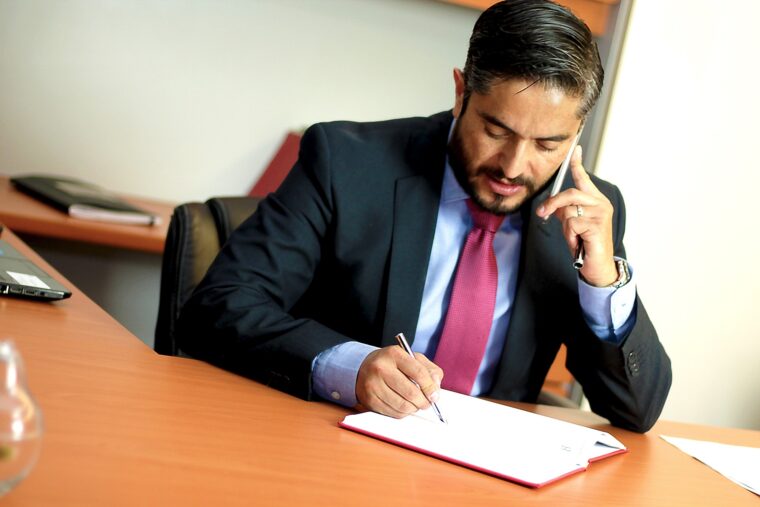Top Questions To Ask Your Estate Planning Attorney

If you want to secure the best future for your loved ones, it’s essential to ensure that your assets, savings, and investments are protected and preserved. With this comes the importance of estate planning, or the process of making necessary arrangements for your assets once you pass away.
Whether you are rich or poor, estate planning is important. Statistics show that 50-60% of Americans do not have a will or estate plan in place when they pass away. The best estate planning attorneys in Denver recommends that you ask these specific questions when you’re looking to hire a reputable estate lawyer:
- How much of your practice involves estate planning?
It is essential to ask your lawyer about their legal expertise, track record, and professional experience. Knowing how much of their practice involves estate planning will determine how much success you can guarantee.
It is essential to deal with an estate specialist who knows all contents and changes in legal statutes. It’s also crucial that they possess the strategic know-how to handle your legal documents and understand how to overcome challenges from the court or the Internal Revenue Service (IRS).
Hiring an attorney who has ‘limited’ or ‘little experience’ in estate planning does not assure you, especially since valuable assets are at stake.
- What is included in an estate plan?
One common mistake people make is an overreliance on the attorney without realizing what is included in the estate. By asking this question, your lawyer should comprehensively discuss the different documents involved in estate planning.
These documents include the last will and testament, a special power of attorney, a living will, health care power of attorney, guardianship, and minor’s trust provisions. Your lawyer should also educate you on making retirement plans, life insurance plans, and trusts for other assets on businesses and real estate.
In some instances where you want to donate to a charity or non-profit organization, it’s essential to work with a knowledgeable lawyer in legacy gifting. They should clarify giving endowment to causes, charities, churches, shelters, or political organizations.
- How do you charge your services?
You know you are in good hands if your estate-planning attorneys explain the overall process, steps, and waiting period involved. It’s also best that they clarify the prevailing charges for their services. Some estate-planning attorneys charge fixed fees, while others bill by the hour. Some also charge separately for exceptional cases like trust-making and special research tasks.
It is better to ask how much they would charge you in any case. Through this, you can avoid surprises. Be wary of lawyers who are reluctant to answer questions related to their fees and services. This might be a sign of their unusual business practice. There’s also a very high chance that they’ll surprise you with the billing charges later.
- How will you proactively communicate with me on an ongoing basis?
Due to their busy schedule, it’s common for lawyers to lose communication with their clients. However, a reasonable attorney always finds ways to talk to their clients. They need to update them on the case and their subsequent courses of action.
Although your estate plan is just a set of documents, it is still vital to establish a good relationship with your lawyer. Working with a lawyer with a formal updating and maintenance program lets you know that you are thoroughly guided in the estate planning process.
It is crucial to deal with a legal practitioner who keeps you in the loop about legal changes and amendments. They can ensure that your assets are managed well. They can also conduct periodic reviews of your affairs and discuss them with you.
- What happens if something happens to you?
Most estate-planning attorneys strive to make themselves available to their clients at all times. It’s essential to know which associate or paralegal you can reach out to answer questions during emergencies or when your lawyer is unavailable.
Don’t be shy to ask who else can help and what contingency plans are set in place in extreme circumstances where your lawyer is unavailable.
Bottomline
Consider asking these questions to your attorney to set proper expectations and improve the relationship. You’ll be working for a long time, so responsibilities and deliverables should be clear.
